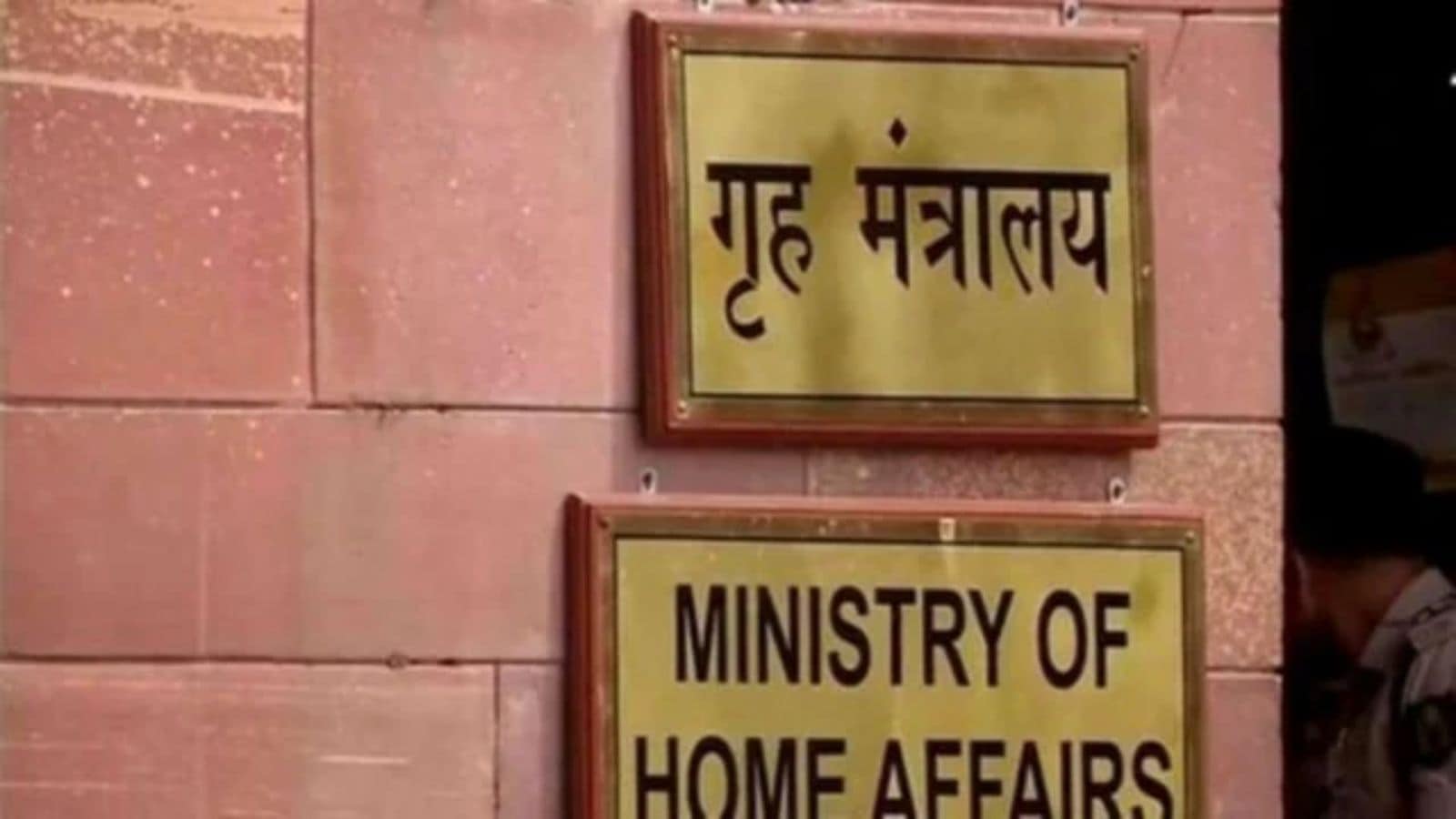The updated order, effective from September 2025, extends the deadline for persecuted minorities seeking refuge in India from these neighboring countries, allowing them to stay without valid documents. Initially, the CAA, which became law in 2019, applied to individuals who entered India by December 31, 2014, but the recent extension to December 31, 2024, addresses the ongoing influx of refugees fleeing religious persecution. This change offers a lifeline, particularly for many Hindus from Pakistan, who have been residing in India since 2015 but lacked the documentation to regularize their stay.
The amended law allows individuals from these minority communities who arrived in India without valid documents — or whose documents have expired — to apply for citizenship under the CAA. The key criteria for the exemption include being persecuted or fearing religious persecution in their countries of origin. The new measure addresses concerns from many who arrived post-2014 and had feared being left in legal limbo, particularly those unable to obtain or renew essential travel documents due to political instability or lack of consular support from their home countries.
In a significant shift from the original cut-off date of December 31, 2014, the MHA’s decision marks a decade-long extension. This move comes after appeals from various refugee organizations and minority rights bodies that argued the original deadline did not account for the continued migration of persecuted communities. Notably, Hindus from Pakistan have been among the most vocal in seeking this extension, given their precarious position in Pakistan’s religious landscape.
The Citizenship (Amendment) Act, passed by Parliament in 2019, sought to fast-track citizenship for non-Muslim refugees who had fled Afghanistan, Bangladesh, and Pakistan to escape religious persecution. Under the CAA, Hindus, Sikhs, Buddhists, Jains, Parsis, and Christians were granted an expedited path to citizenship, but Muslims were notably excluded from the provision, sparking widespread debate and controversy.
The extension to December 31, 2024, also responds to the challenges posed by the ongoing refugee crisis. Cross-border migration, particularly in the context of religious persecution, has been a long-standing issue. Many of those seeking shelter in India did so with expired documents or without any formal travel papers. As a result, the MHA’s recent move to waive the requirement for valid documentation aims to address the humanitarian aspect of the crisis, providing much-needed clarity and protection for displaced individuals.
However, the CAA continues to face significant opposition, especially in India’s northeastern states, where the law has fueled fears of demographic change. Critics argue that the law’s exclusion of Muslims violates the secular principles enshrined in India’s Constitution. The law has been challenged in the Supreme Court for its constitutionality, with opponents claiming it discriminates against Muslims, including those who face religious persecution in the countries from which they are fleeing, such as the Ahmadiyyas and Shias in Pakistan and the Hazaras in Afghanistan.
Protests against the CAA erupted across India in 2019, with large demonstrations continuing in 2024 when the rules for implementing the law were finalized. Opposition parties and civil society groups have expressed concerns that the CAA, when coupled with the National Register of Citizens (NRC), could render Indian Muslims vulnerable to losing their citizenship status, while non-Muslims excluded from the NRC would be able to reclaim citizenship under the CAA.
The controversial nature of the law has also led to concerns regarding its impact on the Assam Accord of 1985, which set a cut-off date for detecting and deporting illegal immigrants in Assam, regardless of their religion. Critics argue that the CAA could undermine the Assam Accord, particularly in light of concerns that the law could bring large numbers of migrants to the region, changing its demographic composition.
In response to these concerns, Assam Chief Minister Himanta Biswa Sarma stated that only three individuals in the state have been granted citizenship under the CAA so far, highlighting that the process is ongoing, with nine more applications under consideration. Sarma emphasized that the law, as it stands, would not be implemented indiscriminately, and applicants must go through a rigorous verification process.
While the ruling Bharatiya Janata Party (BJP) has defended the CAA, asserting that it provides shelter to persecuted minorities, the law remains highly contentious. Proponents of the Act argue that it is a necessary measure to protect the religious minorities facing persecution in Pakistan, Afghanistan, and Bangladesh, countries where Islam is the state religion and religious minorities are often marginalized.
The CAA’s critics, however, point out that the law fails to address the plight of Muslim minorities in these countries, particularly the Shia, Ahmadiyya, and Hazaras in Pakistan, and the Rohingya Muslims in Myanmar, who also face severe persecution. The exclusion of Muslims from the CAA has led to accusations of religious discrimination and a violation of India’s secular ethos.
The government, on its part, has stated that the CAA does not affect the citizenship of any Indian citizen and is solely intended to provide protection to religious minorities who have been persecuted for their faith. The MHA has clarified that the law’s provisions are designed to address the needs of communities facing genuine religious persecution, with a particular focus on minorities from neighboring Islamic-majority countries.
The implementation of the CAA, particularly in the context of the extended deadline and its implications for India’s demographic composition, continues to be a subject of intense debate. As the legal challenges against the law continue to unfold, the future of the CAA and its impact on India’s secular fabric remains uncertain. For now, the latest order from the Ministry of Home Affairs provides a crucial lifeline to many individuals who have sought refuge in India but were left without a clear path to citizenship.

